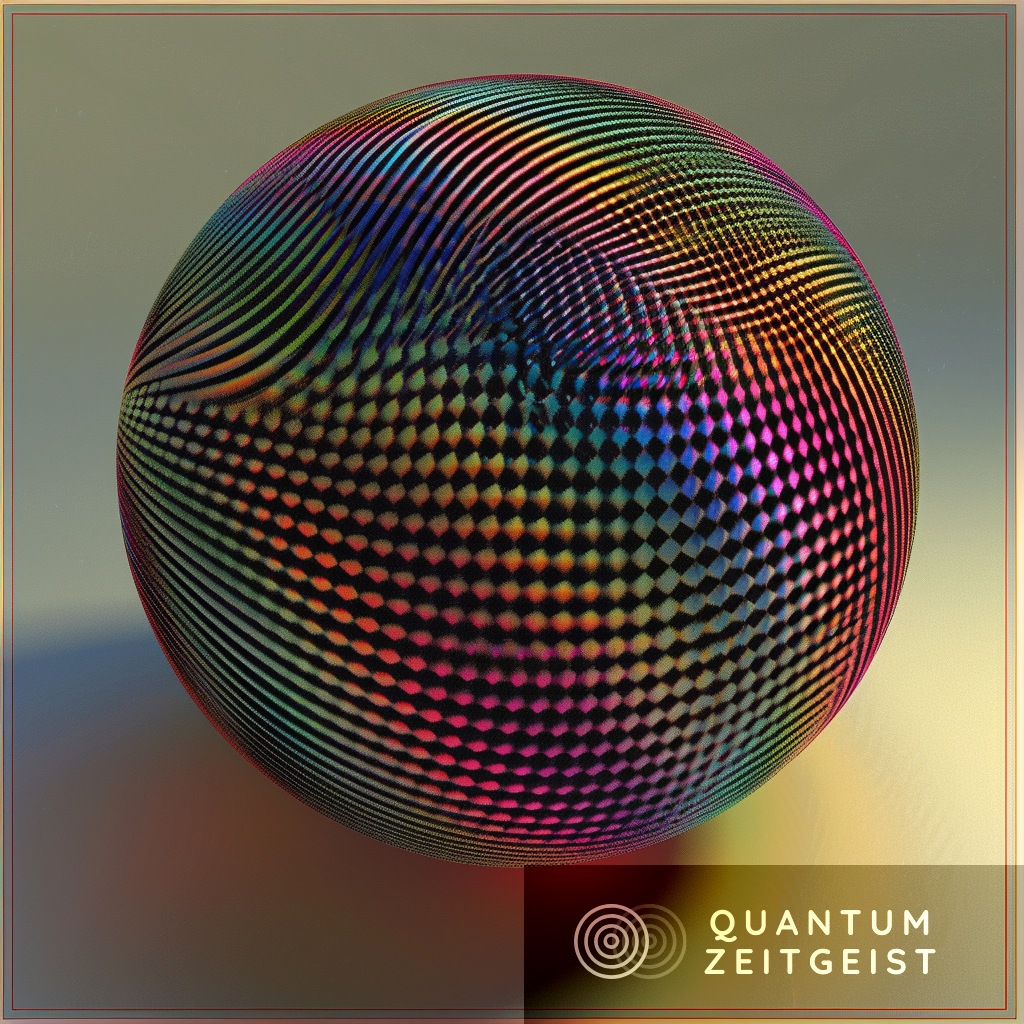Michał Stęchły has compiled a series of blog posts into a document explaining Variational Quantum Algorithms (VQAs). The document, aimed at those with a basic understanding of quantum computing and linear algebra, explains how VQAs can estimate the energy of the ground state of a quantum mechanical system, a fundamental aspect of quantum chemistry. However, Stęchły notes that using VQAs on Noisy Intermediate-Scale Quantum (NISQ) devices for practical purposes faces fundamental issues and that fault-tolerant algorithms seem to be a safer bet.
Introduction to Variational Quantum Algorithms
The field of quantum computing has seen significant advancements in recent years, with Variational Quantum Algorithms (VQAs) being one of the most promising areas of research. This article provides an in-depth explanation of VQAs, their applications, and the challenges faced in their implementation.
Understanding Variational Quantum Eigensolver (VQE)
The Variational Quantum Eigensolver (VQE) is a key component of VQAs. It is a tool that allows us to find an upper bound of the lowest eigenvalue of a given Hamiltonian. In simpler terms, VQE can help us estimate the energy of the ground state of a given quantum mechanical system, provided we know the Hamiltonian of this system. This is particularly useful in quantum chemistry, where the energy of the ground state is used to calculate other properties of molecules, such as their reaction rates, binding strengths, or molecular pathways.
The variational principle is a fundamental concept in the operation of VQE. It states that the energy of any state is always greater than or equal to the energy of the ground state. This principle allows us to estimate the ground state energy by providing an upper bound. However, the challenge lies in finding a state that provides an upper bound close to the actual value. This is where the concept of ansatz comes into play. An ansatz is a parameterizable circuit that allows us to explore the space of all possible states in a reasonable manner.
Challenges and State of Research in VQAs
Despite the potential of VQAs, their implementation faces several challenges. These include hardware-related problems such as noise types and error mitigation, optimization issues like barren plateaus and choice of optimization methods, and ansatz design. Additionally, there are challenges related to the lack of common benchmarks and standardization, and scaling for larger devices.
Conclusion
While VQAs hold great promise for the future of quantum computing, there is still much to be understood about their operation and optimization. Despite the challenges, the research in this field continues to progress, with the hope of eventually harnessing the full potential of quantum computing.
External Link: Click Here For More

